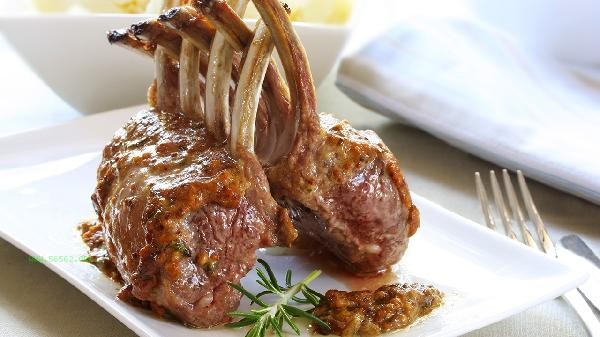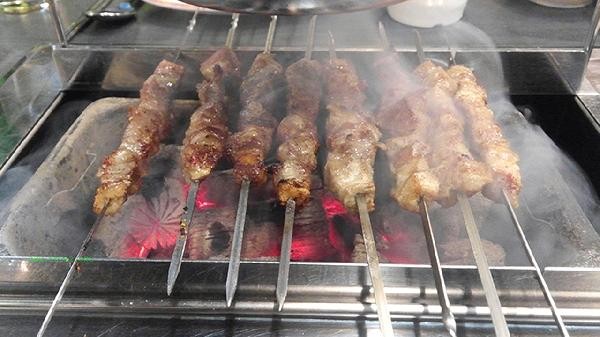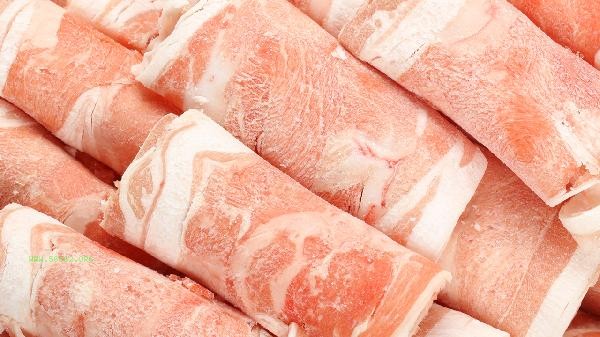The gamey taste of lamb mainly comes from volatile fatty acids and special metabolites in the fat. The strength of the gamey smell is closely related to factors such as the age, breed, feed, and slaughter method of the sheep. The gamey smell of adult rams is usually more pronounced than that of ewes and lambs, which is related to sex hormone levels. Rams have high levels of testosterone in their bodies, which promotes the synthesis of branched chain fatty acids in their adipose tissue. These fatty acids decompose during heating to produce compounds with strong odor, such as 4-methyloctanoic acid and 4-ethyloctanoic acid. There are significant differences in the odor of different breeds of sheep, for example, goats have a heavier odor than sheep, while some selected meat sheep breeds such as Dubo sheep have a milder odor. The composition of feed directly affects the flavor of lamb. Long term feeding of plants with special odors such as alfalfa and scallions can accumulate more flavor compounds in lamb. Sheep raised through grazing often have a more complex gamey odor than those raised in captivity due to their high levels of exercise and diverse food sources. The processing method after slaughter is crucial for controlling the gamey odor. insufficient bloodletting of lamb meat will result in more metabolic products remaining in the blood, increasing the fishy smell. Rapid cooling and acid elimination after slaughter can reduce the lactate content in muscles and decrease the production of rancid odor. Some ethnic minorities reduce the gamey smell by castrating male sheep, extending the acid excretion time, and using spices for pickling. Individual consumers are particularly sensitive to the unique carbon-9 to carbon-10 medium chain fatty acids in sheep fat, which release stronger odor perception under the action of human salivary enzymes.

Choosing lamb meat under 12 months old, purchasing cold fresh meat that has been treated with acid, and soaking it in water before cooking can effectively reduce the gamey taste. Stewing with fragrant spices such as Bai Zhi, Cao Guo, and Sichuan peppercorns, or using high-temperature cooking methods such as hot pot and charcoal grilling, can transform some of the gamey substances. People who are particularly sensitive to gamey odors can prioritize choosing leg meat with low fat content and avoid consuming sheep tail oil and subcutaneous fat. Reasonable combination of acidic or sulfur-containing vegetables such as hawthorn and radish can help decompose the pungent substances in fat.










Comments (0)
Leave a Comment
No comments yet
Be the first to share your thoughts!